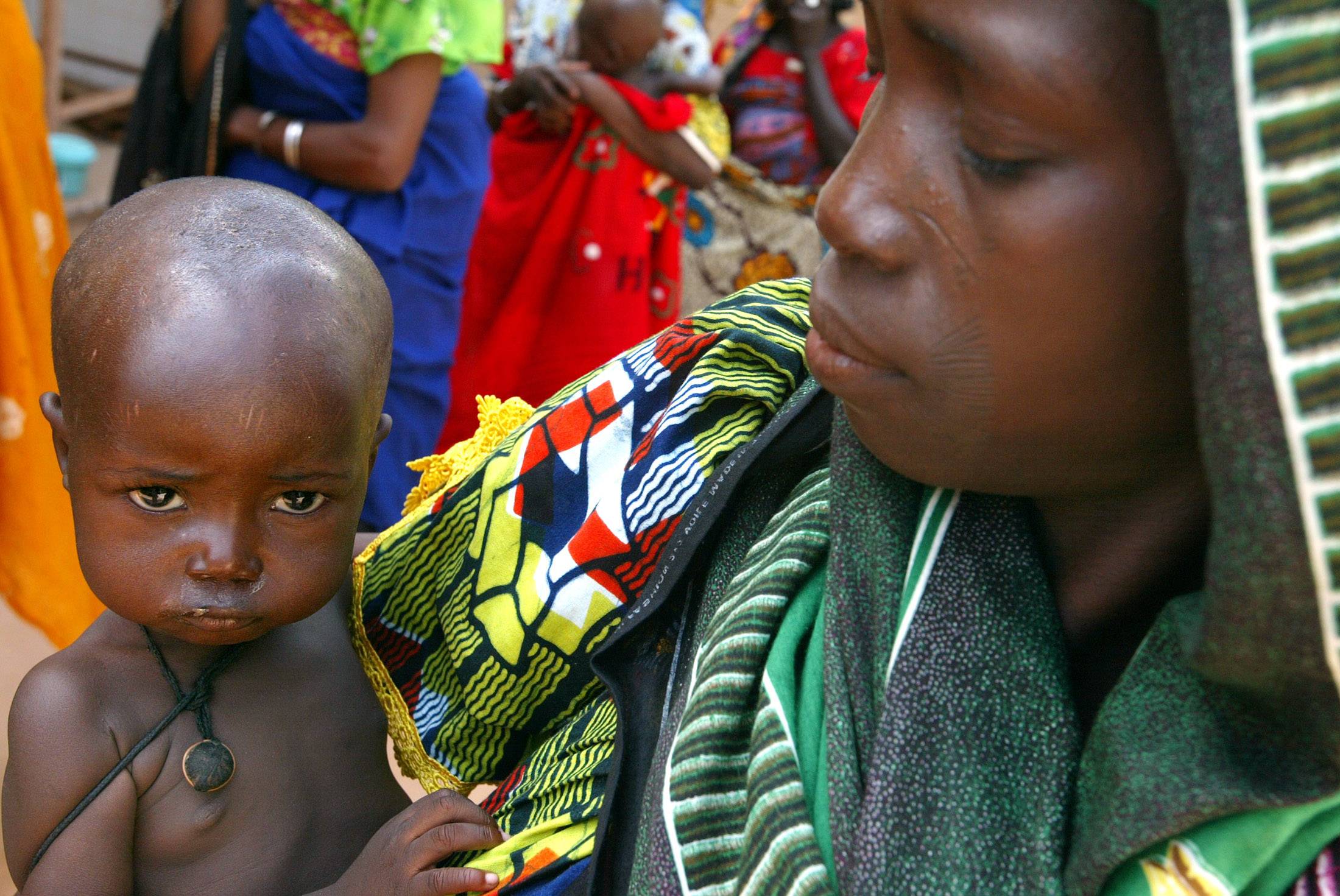When United Nations World Food Program director David Beasley recently called for billionaires to help solve world hunger, Elon Musk took the bait — vowing to sell $6 billion in Tesla stock if Beasley could tweet "exactly how” the money would feed humanity. Predictably, the media and Twitterverse erupted, mostly in protest.
Beasley’s provocation was not only defensible, it was necessary, as are big investments from Musk and other private-sector leaders. Some 42 million people are on the brink of famine. Musk could buy each of them a 43-cent meal per person per day, which over 365 days amounts to a cost of $6.6 billion. That intervention would hardly solve world hunger, but near term it would save many lives.
What was lost in the ensuing social media fracas was the idea that investments in food security must extend well beyond emergency aid.


















With your current subscription plan you can comment on stories. However, before writing your first comment, please create a display name in the Profile section of your subscriber account page.